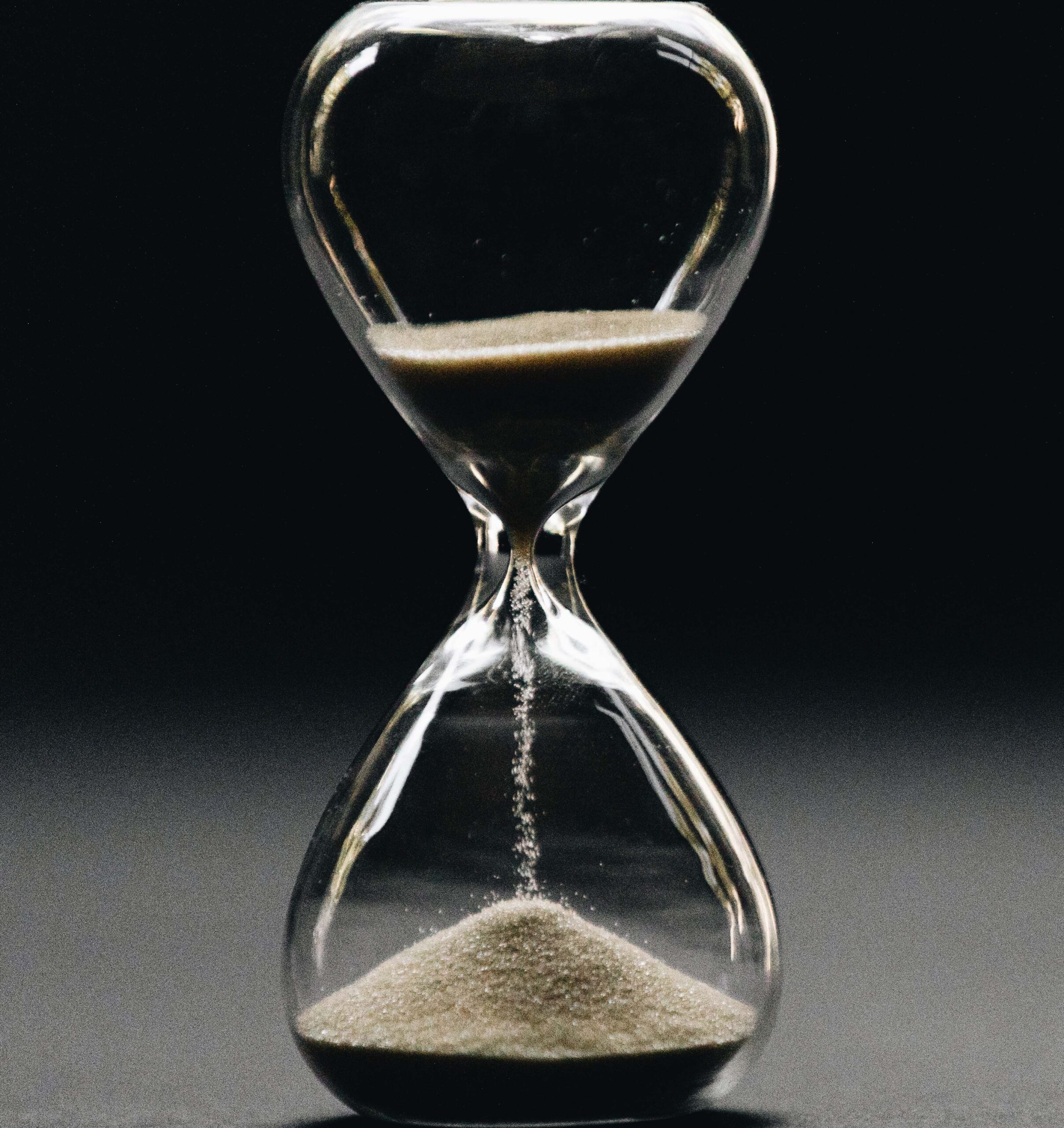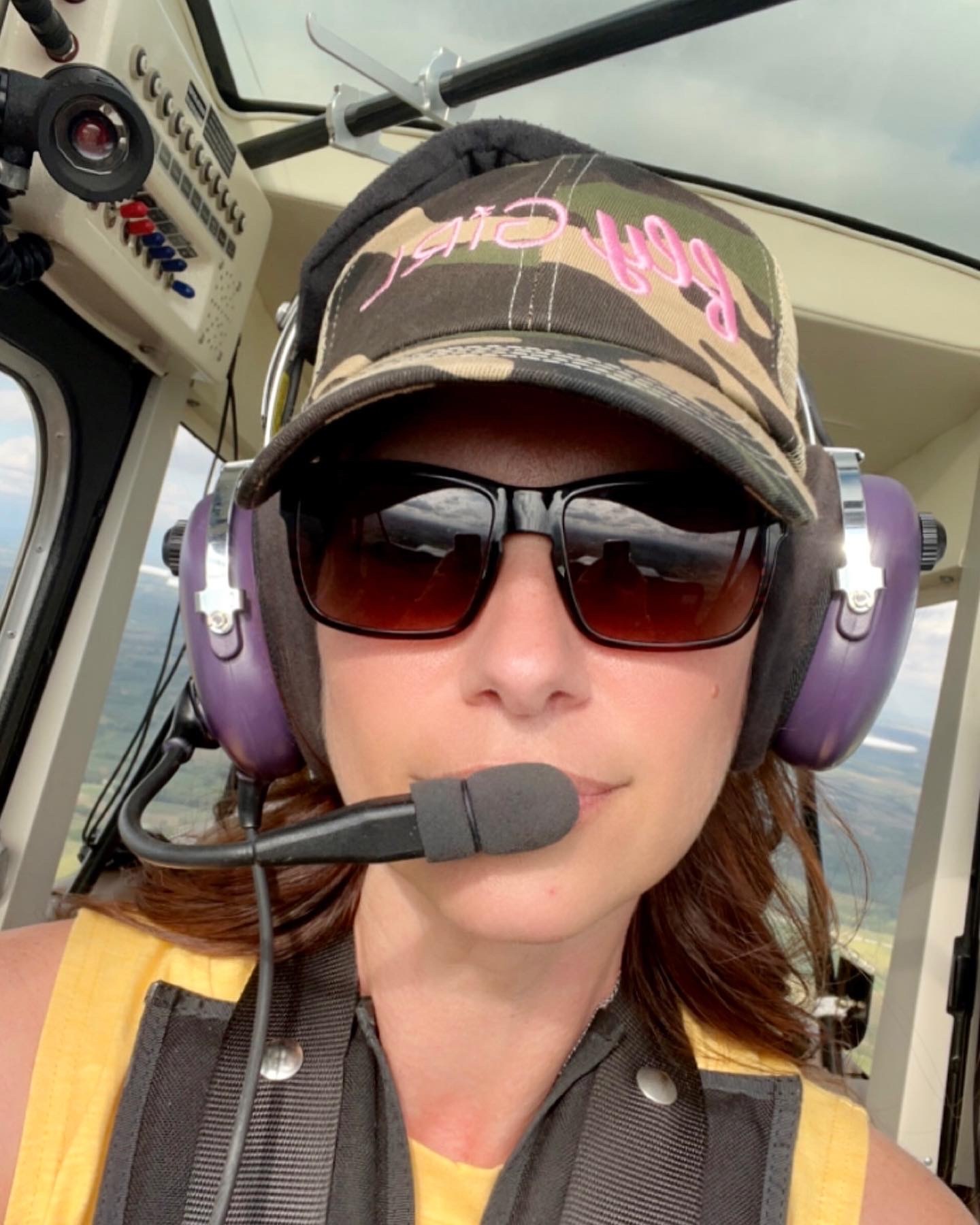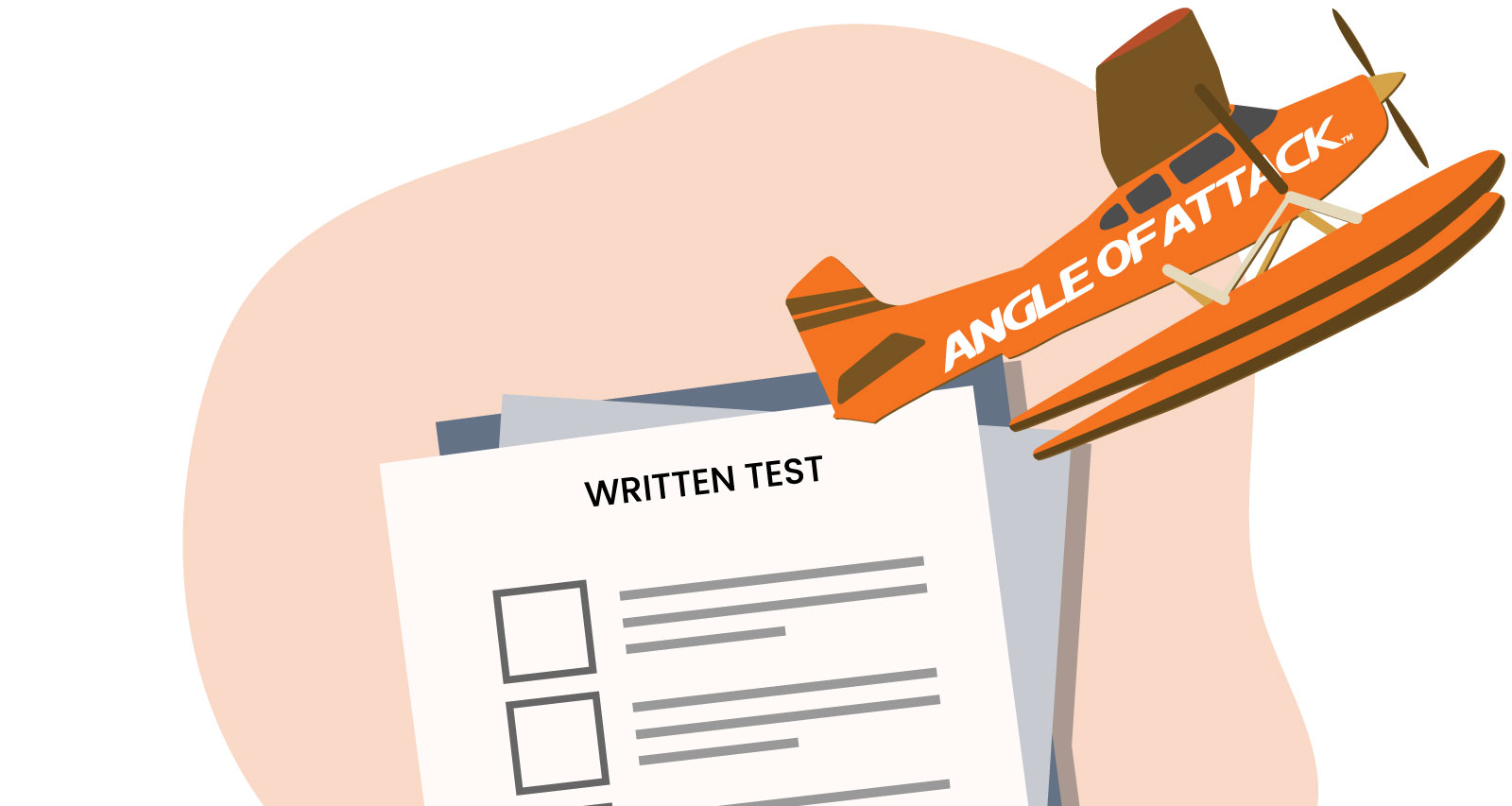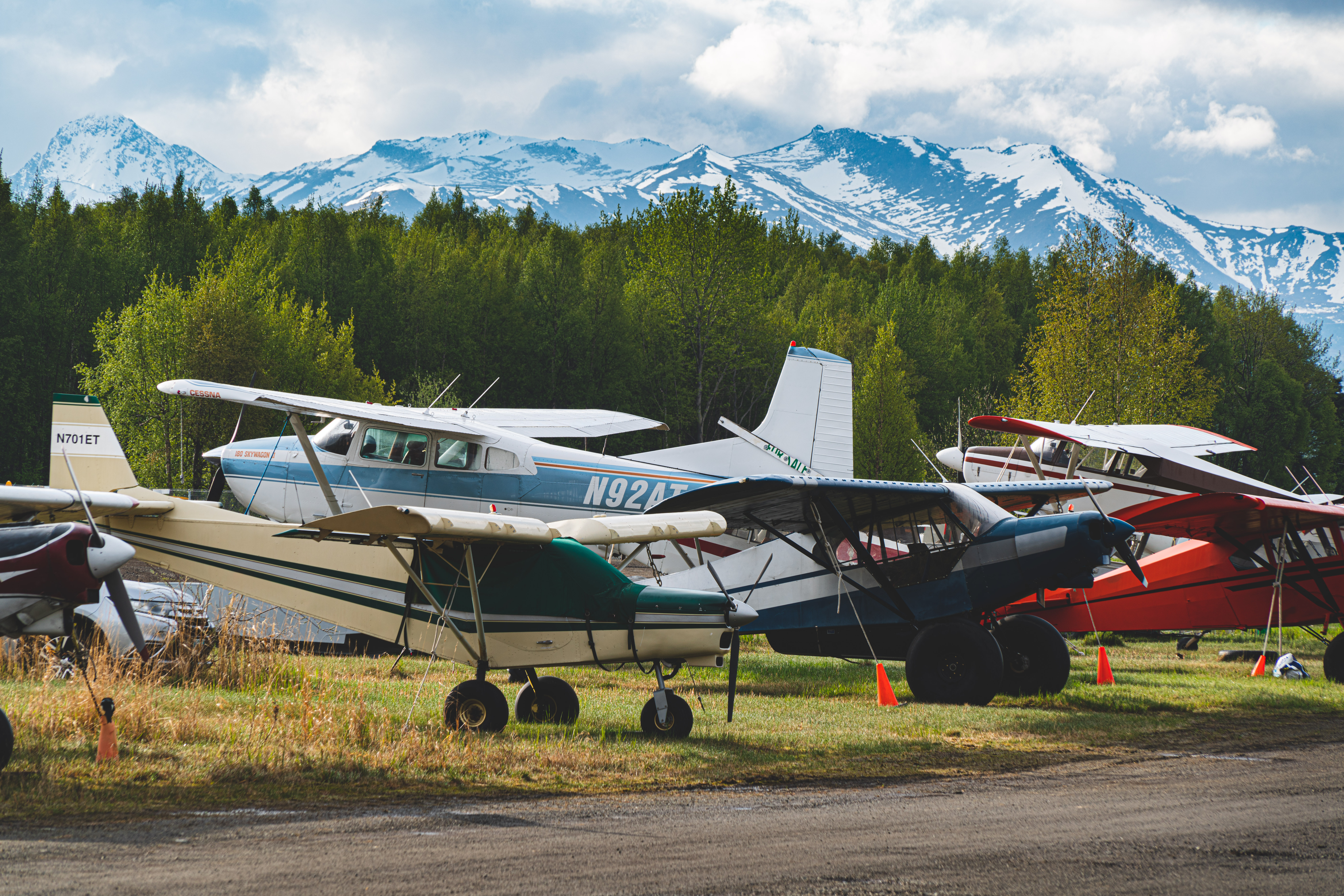
How long is a first-class medical valid for? This is a critical question asked by pilots and aviation enthusiasts alike, especially those considering a career in the field. Understanding the validity and requirements of first-class medical certificates is essential not only for career planning, but also for maintaining the highest standards of health, safety, and compliance in the aviation industry.
The Federal Aviation Administration (FAA), the regulatory body responsible for the oversight of all civil aviation within the United States, issues three classes of medical certificates: First-Class, Second-Class, and Third-Class. Among these, the First-Class medical certificate is the most stringent, intended primarily for those exercising Airline Transport Pilot (ATP) privileges.
Age-Dependent Validity
The duration of the validity of a First-Class medical certificate hinges significantly on the age of the pilot at the time of the medical examination. For pilots under 40 years old, the certificate retains its validity for 12 calendar months. On the other hand, pilots who are 40 or older at the time of the examination have their certificates valid for six calendar months. Hence, the age of the pilot is a crucial factor in determining how long a first-class medical is good for.
Medical Certificate Hierarchy
However, the expiration of a First-Class medical certificate doesn’t mean the pilot is grounded immediately. The FAA adopts a hierarchy for medical certificates. After the initial period of ATP privilege exercise, the certificate steps down to Second-Class privileges, and subsequently, to Third-Class privileges. This tiered structure allows pilots to continue flying in a limited capacity, even after the first-class medical validity period.
Medical Examination Process
The question of “how long is a first-class medical good for” is closely tied to the medical examination process. This examination is conducted by Aviation Medical Examiners (AMEs), physicians trained to understand the unique physiological impacts of flying. These doctors perform a thorough medical assessment that includes a review of medical history, vision testing, hearing evaluation, cardiovascular assessment, and a general physical examination. The certificate’s validity period begins from the month of the medical examination.

Regulation Updates
The FAA is also periodically updating its regulations to reflect advances in medical science and operational safety considerations. Although as of my knowledge cutoff in September 2021, there have been no significant changes to the rules concerning how long a first-class medical is good for, pilots and aspirants are encouraged to stay informed about any potential modifications in regulations. The FAA’s official website and direct communications are excellent sources for such updates.
First-Class Medical – A Comprehensive Responsibility
While a first-class medical certificate is a regulatory requirement, it’s essential to remember that it symbolizes more than mere compliance. It signifies a pilot’s commitment to the highest standards of health and safety. Therefore, understanding how long a first-class medical is good for is only one facet of a more significant responsibility that every pilot carries.
So, how long is a first-class medical valid for? To summarize, the validity of a first-class medical certificate, according to FAA regulations, is 12 calendar months for pilots under 40 and six calendar months for those 40 or older. After the initial validity, the certificate steps down in privileges, allowing pilots to continue flying under the stipulations of the Second-Class and then the Third-Class medical certificate.
However, it’s not merely about the duration of the certificate; it’s about the commitment to maintaining the highest standards of safety and health. As pilots, the privilege of flight comes with the responsibility to oneself, one’s passengers, and the wider public.
If you have any questions about obtaining your medical in any regard, or anything aviation don’t hesitate to reach out to us at Angle of Attack.

Karey grew up and obtained her in private pilot’s license in Central Iowa. She fell in love with tailwheel aircraft during her primary training and obtained a tailwheel endorsement the week following her private pilot checkride. She is eager to obtain her seaplane rating and is merging her passion for flying with her prior work career. Karey has a background in marketing, editing, and web design after graduating from Simpson College. When she is not flying or working, Karey enjoys anything related to technology and admits she can be a bit of a nerd. She also has discovered a love for virtually all outdoor pursuits, with a special fondness for climbing, shooting, and hiking.

Stay Connected
Be the very first to get notified when we publish new flying videos, free lessons, and special offers on our courses.





